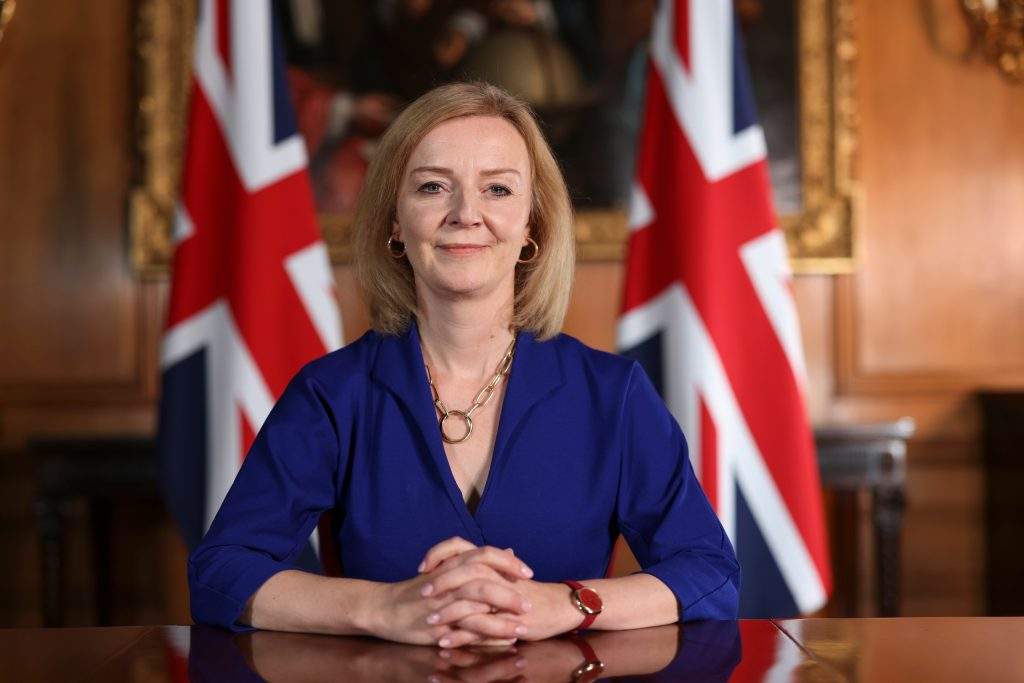
Corporation tax increase no longer going ahead in 2023
In the March 2021 Budget, Rishi Sunak announced that the rate of corporation tax would increase to 25% from 1 April 2023 where a company’s profits exceeded


In the March 2021 Budget, Rishi Sunak announced that the rate of corporation tax would increase to 25% from 1 April 2023 where a company’s profits exceeded

The £1 million Annual Investment Allowance has now been made permanent. You can claim capital allowances when you buy assets that you keep to use in your business, for example:

The Government has announced two changes to the tax advantaged Company Share Option Plan scheme. There is currently a maximum employee share option limit based on market value at grant of £30,000.

The much criticised “off-payroll” working rules were introduced for the public sector from 6 April 2017 and then extended

The Government is in discussion with 38 local authority areas in England to set up ‘Investment Zones’ in specific sites within their area.

Many director/shareholders of family companies pay themselves a small salary and take the rest of their “pay” in a dividend.

It was on 7 September 2021 that we first heard about a new 1.25% Health and Social Care Levy, imposed on employers, employees and the self-employed,

On 23 September 2022, Kwasi Kwarteng, the new Chancellor (the fifth in as many years) delivered a Tax Cutting “Fiscal Event” or Mini-Budget to help boost economic growth.

The first announcement of the new Prime Minister, Liz Truss, was a plan to freeze energy prices for two years at £2500 for the average home.

In response to a recommendation by the Office of Tax Simplification the Government have introduced draft legislation for inclusion in Finance Bill 2023 that extends the no gain/no loss rule when a couple separate.

A need for additional income is motivating people to start their own businesses. As UK inflation hits a 40-year high of over 9%, more and more people are starting their own businesses.

In recent years HMRC have identified and successfully challenged a number of spurious claims for Research and Development

This generous tax break has reportedly resulted in abuse of the system. HMRC have recently paused some repayments while they investigate an increase in irregular claims.

HMRC are reminding sole traders and partners who have received Self-Employed Income Support Scheme (SEISS) grants that there are potentially penalties of up to 100% of amounts overclaimed in certain circumstances.

In the Spring Statement 2022, the UK Government announced an increase in National Insurance thresholds affecting the 2022 to 2023 tax year.

On the 4th-5th June 2022, Client Manager, Mikey took part in a charity hike in The Cateran Yomp. A 54-mile hike in 24 hours across rural Perthshire.

The Government’s Recovery Loan Scheme (RLS) launched on the 6th of April 2021 and allows businesses of any size to get up to £10million

A recent study by the Federation for small businesses (FSB) shows lending to small businesses has hit an all-time low. New findings from the quarterly Small Business Index (SBI) show successful finance applications plummeting to lowest level on record.

Workplace Charging Scheme: The UK Government is now offering help to businesses with the upfront costs to install charge points.

As an employer providing business or private expenses for your employees, you have certain tax, National Insurance and reporting obligations.

Normally a residential rental property would be subject to a 28% capital gains tax (CGT) rate on its disposal. However, if it qualifies as a furnished holiday let (FHL) then the capital gains tax rate can be reduced to 10% by taking advantage of Business Asset Disposal Relief (BADR). It may be possible to make a non-FHL into an FHL for the two years prior to disposal and then enjoy BADR on the whole gain.

When a married couple or civil partners separate, tax planning is understandably not at the top of the list of their thoughts. However, a ‘no gain/no loss

Many employers and employees have been putting in place salary sacrifice arrangements to give up some of their contractual salary in exchange for additional pension contributions or an electric company car.

The Employment Allowance (EA) is a £5,000 allowance set against employers National Insurance Contributions (NICs) and has to be claimed each tax year if the employer qualifies.